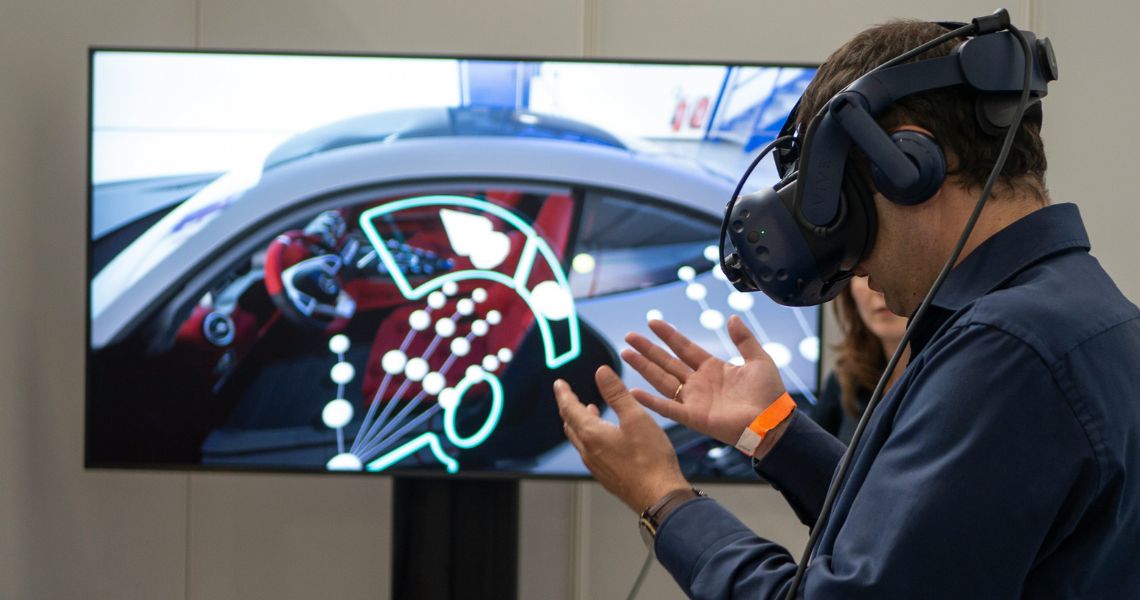Inside the hum of a casino floor in 2025, the most valuable thing isn’t the chips or cards or even the whiskey. It’s the tap. The scan. The flick of a finger across glass. Cashless gaming is no longer a trend. It’s the bloodstream. Players flow from tables to slots with their funds trailing invisibly behind them, secure and instant, no billfold needed.
What began as an experiment in convenience has become infrastructure. Digital wallets are standard. Payment apps are expected. And for the casino operators who once spent fortunes on armored trucks and drop boxes, the shift isn’t just welcome. It’s transformative. Even smaller operations are seeing gains through cashless gaming. Popularity surges in lightweight options like online scratch cards hint at a gambler who wants speed, not fanfare. And the house? The house likes clean books and fast throughput.
The Convenience Card Is King
No one misses standing in line at a cage, wondering if the person ahead of them will take five minutes or fifty. Cashless systems move players faster. Swipe in, bet, reload, repeat. You can split a hand and check your balance without breaking stride. There’s no counting, no fumbling, and no risk of leaving winnings in your jeans.
More importantly, digital payments give players visibility. They can track every wager, every drink, every table hop. That changes the nature of play. It doesn’t kill the rush. It just lights it up with numbers.

For operators, the returns are sharper. They save on security, labor, and fraud prevention. They get real-time data, not weekly reports. Spending trends don’t arrive as anecdotes from pit bosses. They appear as dashboards, sortable and clear.
Digital Over Dice: Technology at Work
The real magic happens backstage. A mobile wallet connects to the casino’s backend systems: identity verification, player loyalty, security checks, spend thresholds. It’s not just about payment — it’s about presence. The system knows where you are, how long you’ve played, what you’ve touched.
Technology is the silent dealer at every table. And it’s fast. A player can preload funds before even stepping through the door. Walk in, tap in, and go. Tables are fitted with cardless transfer systems. Screens show balance, bet history, and withdrawal options. There’s no reason to leave the game unless you want to.
If you’ve seen Black Mirror, you know the feeling: systems that know you too well. But here, it isn’t dystopia. It’s utility. It’s streamlined. And in the right hands, it’s fair.
Regulatory Lines and Privacy Curves
Of course, not everyone’s cheering. With money going digital, regulators are sharpening their pencils. Surveillance gets tighter. Oversight gets deeper. Every transaction can be flagged, every login tracked. That’s good news for security. But it raises questions about surveillance, consent, and digital ethics.
Casinos are legally bound to know their customers. With cash, that meant little. With digital, it means ID verification, biometric confirmation, and risk profiling. You might not notice it, but the system sees everything: how fast you spend, how long you linger, when you reload.
Privacy advocates argue this system walks a fine line between helpful and invasive. So far, the balance has held. But as adoption grows, the questions get louder. Who holds the data? Who shares it? What happens when a system flags you incorrectly?
Lights, Camera, Wallet: The TV Tie-In
One of the most public displays of cashless gaming’s power came not on the casino floor, but on TV. A live-streamed poker event allowed viewers to scan in, watch, and wager digitally in real-time. The connection was instant. Fans could place side bets, buy bonuses, or interact with on-screen graphics tied to the players’ digital profiles.
It wasn’t a gimmick. It was the future. Viewers turned into participants. Games turned into events. And the technology? Invisible. Clean. Fast. The show flowed. The game didn’t stop for commercial breaks. The money moved with the narrative.
That seamless integration — between play, payment, and broadcast — might be the blueprint going forward. Not just for casinos, but for sports, concerts, even social apps.
Business Brains and Floor Logic
Behind the scenes, this is a business decision. Cashless gaming isn’t about gadgets. It’s about uptime. Security. Return on capital. A digital transaction is cheaper than a staffed cage. A wallet transfer is faster than a bill reader jam. A mobile bonus offer is smarter than a paper voucher.
Operators are seeing gains not just in revenue, but in retention. Players who use digital systems tend to play longer, reload more often, and respond to personalized offers. A push notification gets more attention than a free drink. And it costs less.
The new breed of casino executive doesn’t come from the pit. They come from fintech. From data science. They study user flow, not blackjack rules. Their job isn’t to squeeze margins at the table — it’s to maximize engagement across the property.
What Changes, What Stays
Where does it go from here? Expect more biometric links. Your face might unlock your wallet. A nod might confirm a payout. It sounds futuristic, but trials are already underway. The goal isn’t novelty — it’s simplicity. One gesture, one identity, one system.
We’ll see interoperable systems too. Play in one casino, load up in another. Loyalty points that work across venues. Systems that know if you’re more likely to play craps at night or slots after a meal.
There’s talk of decentralized systems, too — wallet options that don’t rely on central databases. That brings in the crypto crowd, of course, but also raises possibilities for self-hosted funds, lower fees, and reduced fraud.
But even as the systems evolve, one thing stays the same: players want the game. Whether it’s cards or reels or a digital scratch-off, the thrill remains. The way we fund it? That’s what’s changing.
Final Hand
Cashless gaming isn’t a gimmick. It’s not a phase. It’s infrastructure. It’s fast, secure, and built for scale. Players get control. Operators get clarity. Everyone saves time.
But it also changes the culture. Casinos are cleaner, quieter. The clink of coins is gone. The pit boss nod has been replaced by a notification. That may feel like a loss — until you realize what’s been gained.
One tap, and the game begins. No change to count. No lines to wait in. Just a balance, a bet, and a decision. In 2025, that’s all you need.
Images courtesy of unsplash.com and pexels.com












